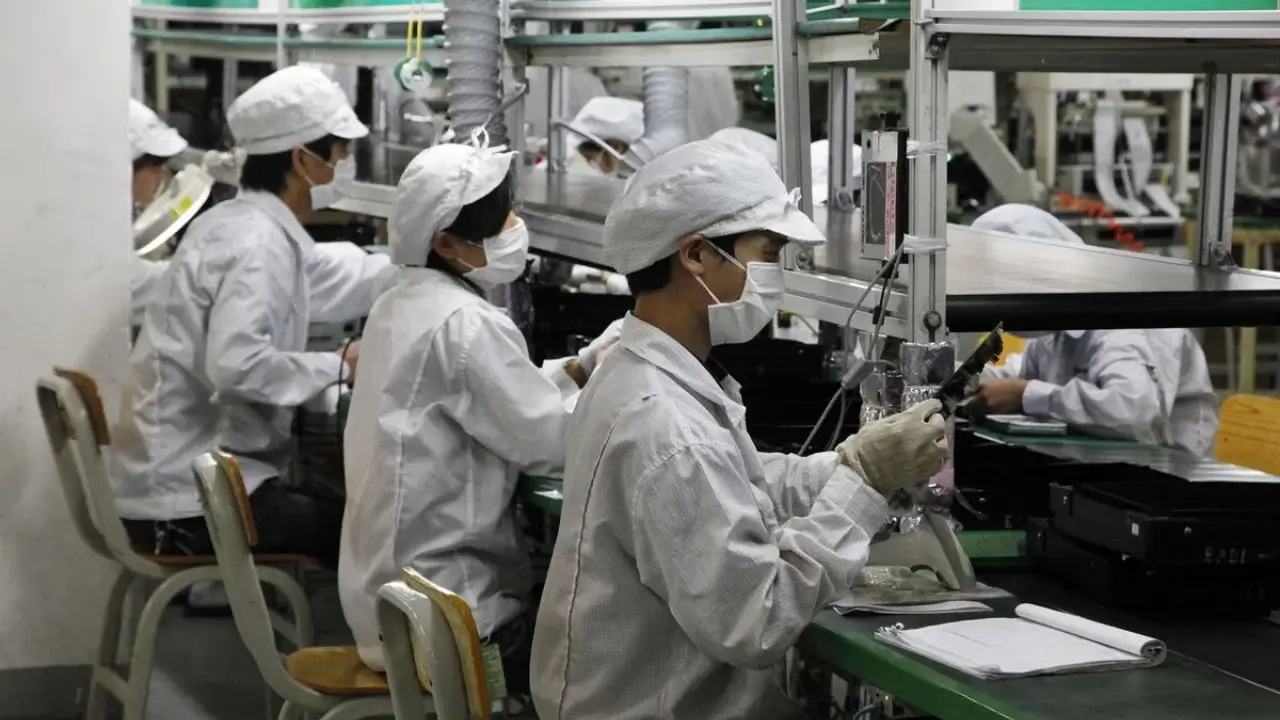It has been confirmed that iPhone 17 assemblers are forced to work illegally outside working hours

According to the information distributed by Bloomberg, it has been revealed that Foxconn, Taiwan’s largest contractor of Apple, violated Chinese labor laws in several cases during the mass production of iPhone 17 smartphones. The investigation conducted by the China Labor Watch (CLW) organization released a detailed report about this.
According to the information, workers at Foxconn’s largest manufacturing complex located in Zhengzhou city were forced to work long hours beyond working hours. Many cases of engaging workers in night shifts were recorded. Additionally, problems such as delayed salary payments and non-payment for overtime work were widespread. The investigation covered the period from March 2024 to September 2024 — precisely when production of the new iPhone models peaked.
According to the CLW report, the number of workers reached 150–200 thousand during peak months, and more than half of them were temporary employees. Chinese legislation requires that the share of temporary workers should not exceed 10 percent. This situation constitutes a blatant violation of official rules.
The report also highlighted another serious issue: wages were paid in two parts — half at the end of the month, the rest in the next accounting period. Therefore, employees who left the job often remained unpaid for the extra hours they worked.
Rights defenders pointed out several other problems: work hours exceeding the set limit, employing young workers in night shifts, inequality in hiring, insufficient personal protective equipment when working with hazardous materials, pressure and intimidation of workers.
Apple, in its response to the publication, emphasized that the company adheres to the “highest standards” in labor protection, human rights, and business ethics. The corporation also stated that it regularly inspects contractors and strives to respond promptly to reports of violations. Apple’s internal requirements, like Chinese legislation, stipulate that the work week should not exceed 60 hours. However, Foxconn workers were often forced to work up to 75 hours per week.
CLW recalled that it last conducted such an inspection in 2019. According to their assessment, although the situation has worsened in some respects, there are also positive changes: for example, the use of young workers in production has stopped and overall overtime has decreased.
Read “Zamin” on Telegram!




















